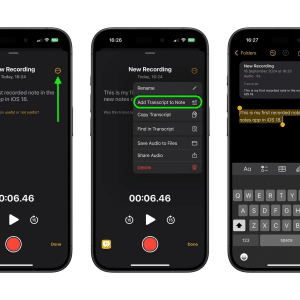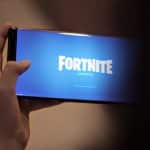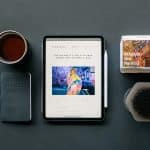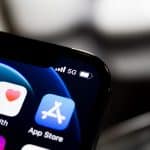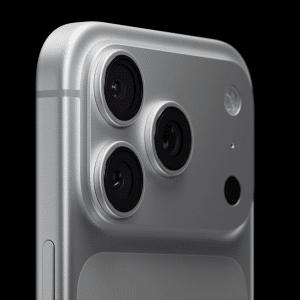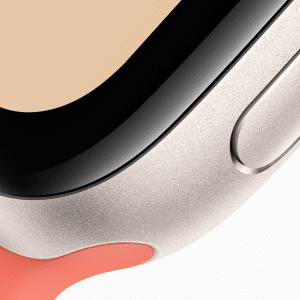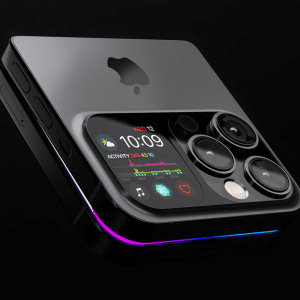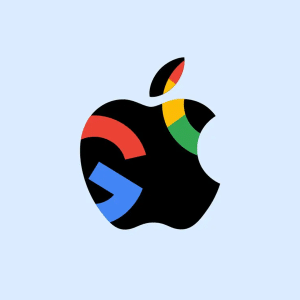Apple have issued a warning to customers who receive unsolicited phone calls claiming to be from the Apple Store at The Americana at Brand shopping complex in Glendale, Southern California. This latest scam involves fraudsters appearing as representatives of the store, and is a phishing scheme aimed at stealing customer information.
When calling Apple The Americana, the following automated message will play:
“Apple is aware that some customers are receiving unsolicited calls claiming to be from this Apple Store. If you receive an unsolicited call, you should not provide any information to the callers. For more information on cybercrime and ways to protect your computer, visit www.fbi.gov/investigate/cyber. Also, if you feel you have been a victim of fraud, please contact your local police. If you would like help changing your Apple ID password, please visit support.apple.com.”
Whether any customer information has been compromised remains unclear, but this is not the first time such a thing has happened. In October 2017, a similar scheme was identified at Washington’s Spokane River Park Square store. Here, a local CBS affiliate, KREM 2, reported that customers in the area were receiving calls from a number believed to be the River Park Square store. The call would advise that they talk to a support advisor who informed customers about a false “breach in cloud security”. This would be in an attempt to extract personal information.
Apple are said to temporarily add such an automated message to stores that have been linked with an increase in fraudulent behaviour in a bid to protect customers. If you do receive an unsolicited phone call to someone claiming to be from Apple, end the call and contact Apple directly.
Other forms of phishing attacks
Previous phishing schemes have appeared in the form of emails, seemingly from the App Store, Apple Music, iBooks, or iTunes. Scammers often try to trick you into sharing personal or financial information by sending emails, with links to websites. However, although such emails and websites may look like they’re Apple authentic, they are far from legitimate.
Emails from relating to your App Store, iTunes, iBooks, or Apple Music purchases will never request personal information. This includes your social security number, full credit card number, credit card CCV code, or mother’s maiden name. If you have received such a message, forward it to [email protected]. If you did enter any personal information, change your Apple ID password immediately.


